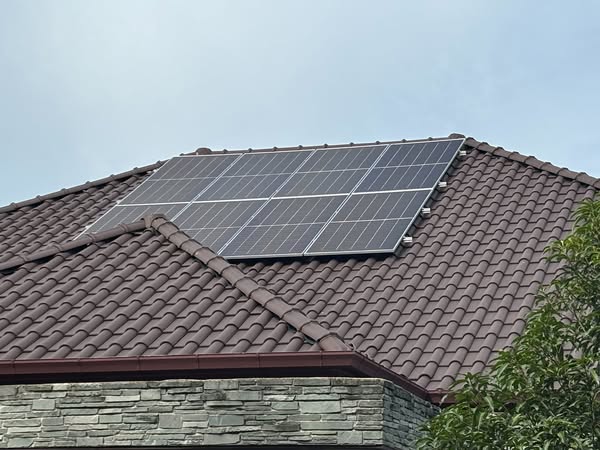The Complexities of Building a House in Thailand: What You Need to Know
Navigate the challenges of house construction in Thailand including permits, regulations, contractor selection, and legal requirements for successful building projects.
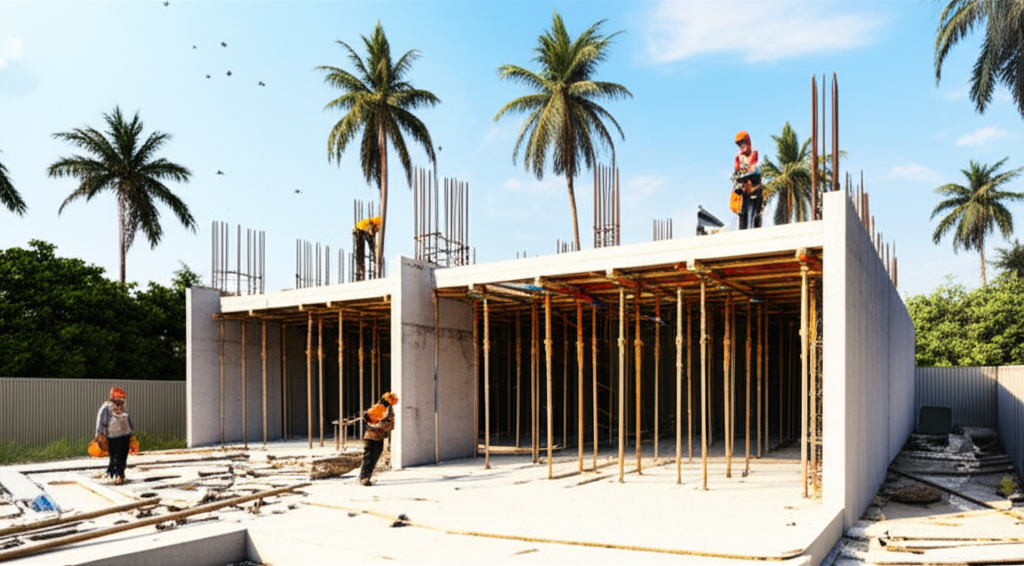
Building a house in Thailand can be an exciting but complex undertaking. From navigating local regulations to managing construction teams, understanding these complexities upfront will help ensure your project's success. This comprehensive guide covers the essential aspects you need to know before breaking ground.
Legal and Regulatory Framework
Building Permits and Approvals
All construction projects require proper permits from local authorities. The permitting process is comprehensive and involves multiple stages:
Required Documentation:
- Architectural plans - Detailed drawings by licensed architects
- Structural engineering reports - Certified by qualified engineers
- Environmental impact assessments - For larger projects
- Land ownership documents - Chanote or equivalent
- Utility connection approvals - Water, electricity, sewage
Permit approval can take 2-6 months depending on project complexity and local authority efficiency. Factor this timeline into your construction schedule.
Zoning and Land Use Restrictions
Different areas have specific zoning regulations affecting building height, setbacks, and usage. Key considerations include:
- Building height limits - Varies by zone and proximity to airports
- Setback requirements - Minimum distances from property boundaries
- Floor area ratios - Maximum building size relative to land area
- Usage restrictions - Residential vs. commercial limitations
Coastal areas may have additional environmental restrictions to protect marine ecosystems and prevent erosion.
Construction Challenges
Climate Considerations
Thailand's tropical climate presents unique challenges that must be addressed in design and construction:
Monsoon Season Impact:
- Construction delays - Heavy rains can halt work for days
- Material protection - Proper storage essential
- Site drainage - Prevent flooding and erosion
- Schedule flexibility - Build weather delays into timeline
Design Considerations:
- Ventilation systems - Combat high humidity
- Moisture management - Prevent mold and decay
- Heat mitigation - Reduce cooling costs
- Drainage systems - Handle heavy rainfall
Material Quality and Sourcing
Quality control is crucial when sourcing construction materials in Thailand:
Local Materials:
- Cost advantages - Lower prices and transportation costs
- Quality variations - Requires careful inspection
- Availability issues - May face supply disruptions
- Standards compliance - Verify building code compliance
Imported Materials:
- Consistent quality - Reliable standards and specifications
- Higher costs - Import duties and transportation
- Longer lead times - Shipping and customs delays
- Currency fluctuations - Affect final costs
Labor and Contractor Management
Finding and managing reliable contractors requires thorough vetting and clear communication:
Contractor Selection Criteria:
- License verification - Ensure proper credentials
- Portfolio review - Examine previous work quality
- Reference checks - Contact previous clients
- Financial stability - Verify business health
- Insurance coverage - Protect against liability
Common Challenges:
- Language barriers - Communication difficulties
- Different work practices - Cultural adaptation needed
- Quality standards - May differ from international norms
- Timeline management - Different concepts of urgency
Financial Considerations
Cost Management and Budgeting
Construction costs in Thailand can vary significantly based on multiple factors:
Cost Variables:
- Location - Urban vs. rural pricing differences
- Materials - Local vs. imported cost variations
- Finishes - Basic to luxury specification ranges
- Complexity - Design intricacy affects labor costs
- Timeline - Rush jobs command premium pricing
Always budget for contingencies of 15-20% above initial estimates to handle unexpected costs and changes.
Payment Structures and Protection
Establish clear payment milestones tied to construction progress:
- Milestone-based payments - Tie payments to completed work
- Retention amounts - Hold back percentage until completion
- Material verification - Confirm delivery before payment
- Quality inspections - Verify work standards before release
- Documentation - Maintain detailed payment records
Quality Control and Project Management
Successful construction projects require consistent oversight and quality control:
Essential Practices:
- Regular site inspections - Daily or weekly visits
- Progress documentation - Photos and written reports
- Quality checkpoints - Verify work at each stage
- Material inspections - Check deliveries against specifications
- Safety compliance - Ensure worker safety standards
Common Pitfalls and How to Avoid Them
- Inadequate contractor vetting - Always check credentials and references
- Insufficient permit research - Understand all requirements upfront
- Poor communication - Establish clear communication protocols
- Unrealistic timelines - Account for weather and permit delays
- Inadequate quality control - Implement regular inspection schedules
- Currency risk exposure - Consider hedging for imported materials
The HHPC Advantage
At HHPC, we navigate these complexities daily, providing comprehensive project management from initial planning through final completion. Our experience with local regulations, established contractor networks, and proven quality control systems ensures your building project succeeds despite the inherent challenges of construction in Thailand.
We handle permit applications, manage contractor relationships, oversee quality control, and provide transparent communication throughout your project, allowing you to focus on the excitement of creating your dream home rather than the stress of managing construction complexities.
HHPC Team
Construction Experts
Our team of construction professionals shares insights and expertise to help you make informed decisions about your building projects.
Related Articles
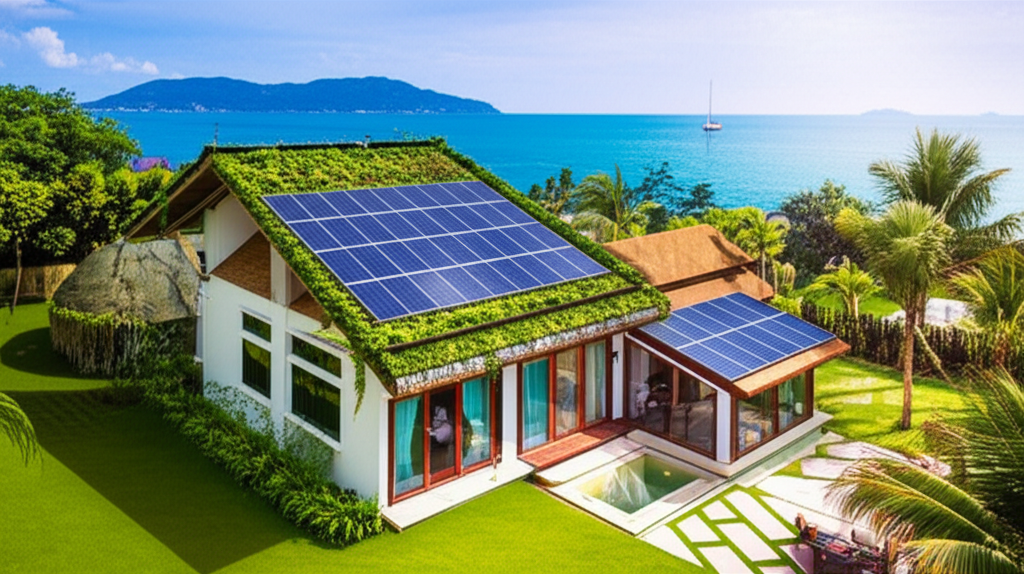
Sustainable Construction Practices in Hua Hin

Choosing the Right Location for Your Hua Hin Property
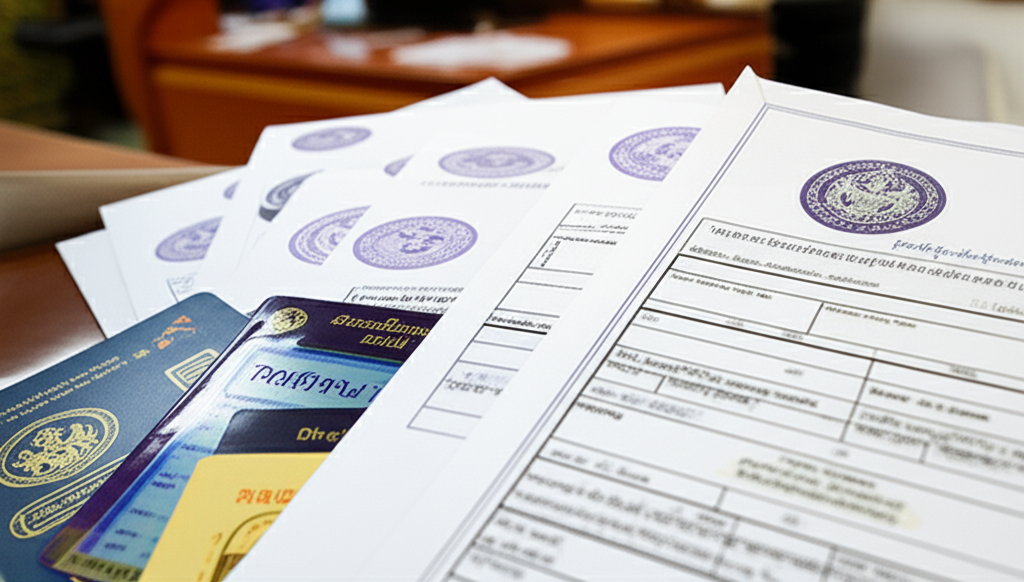
Transfer Motorcycle Ownership in Thailand
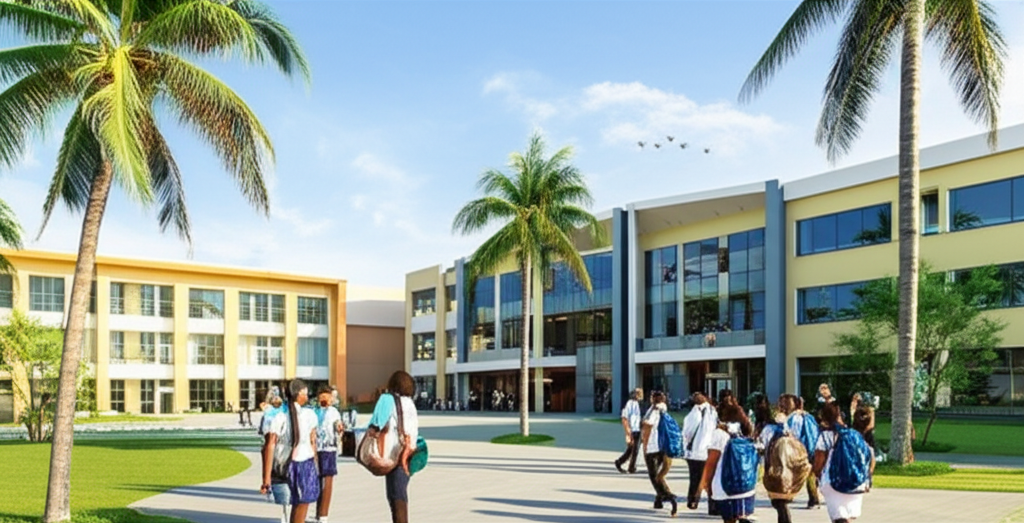
What Are the Best International School Options for Expats in Hua Hin, Thailand?
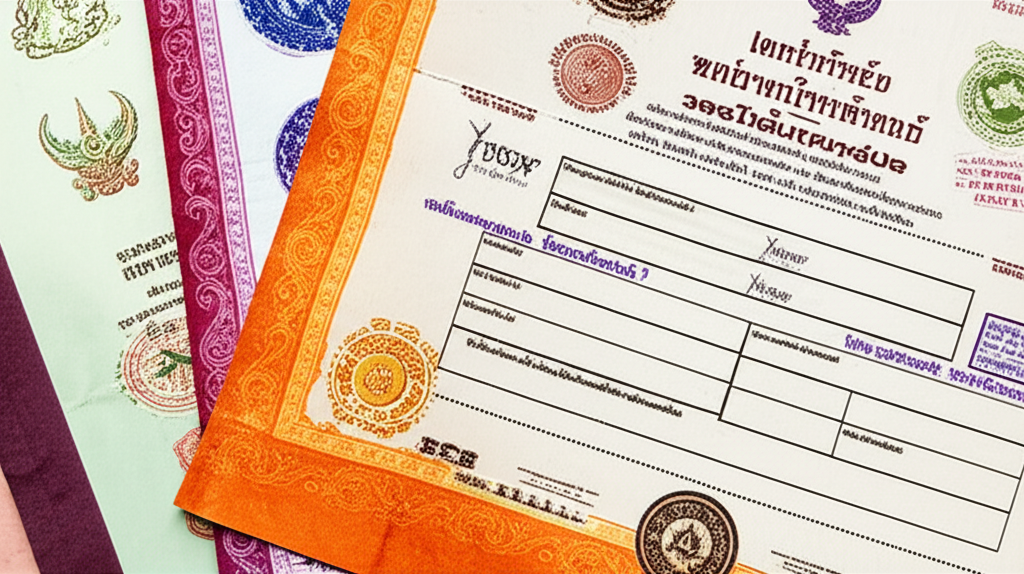
Understanding the Different Types of Land Deeds (Chanote) in Thailand

The Complexities of Building a House in Thailand: What You Need to Know
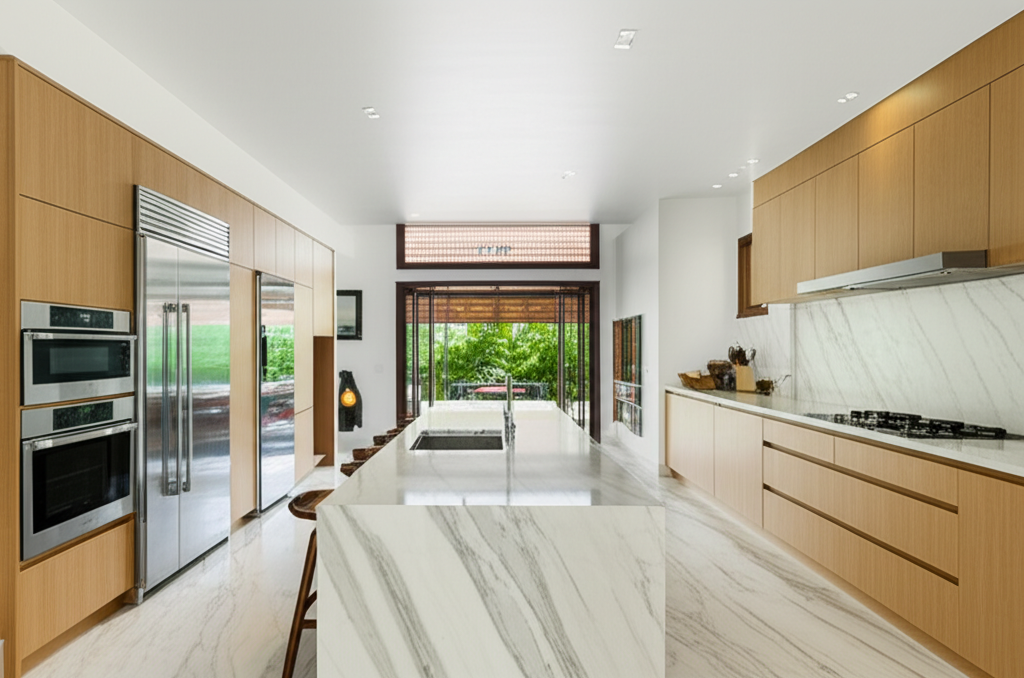
Modern Kitchen Design Trends 2024: Transform Your Hua Hin Home
